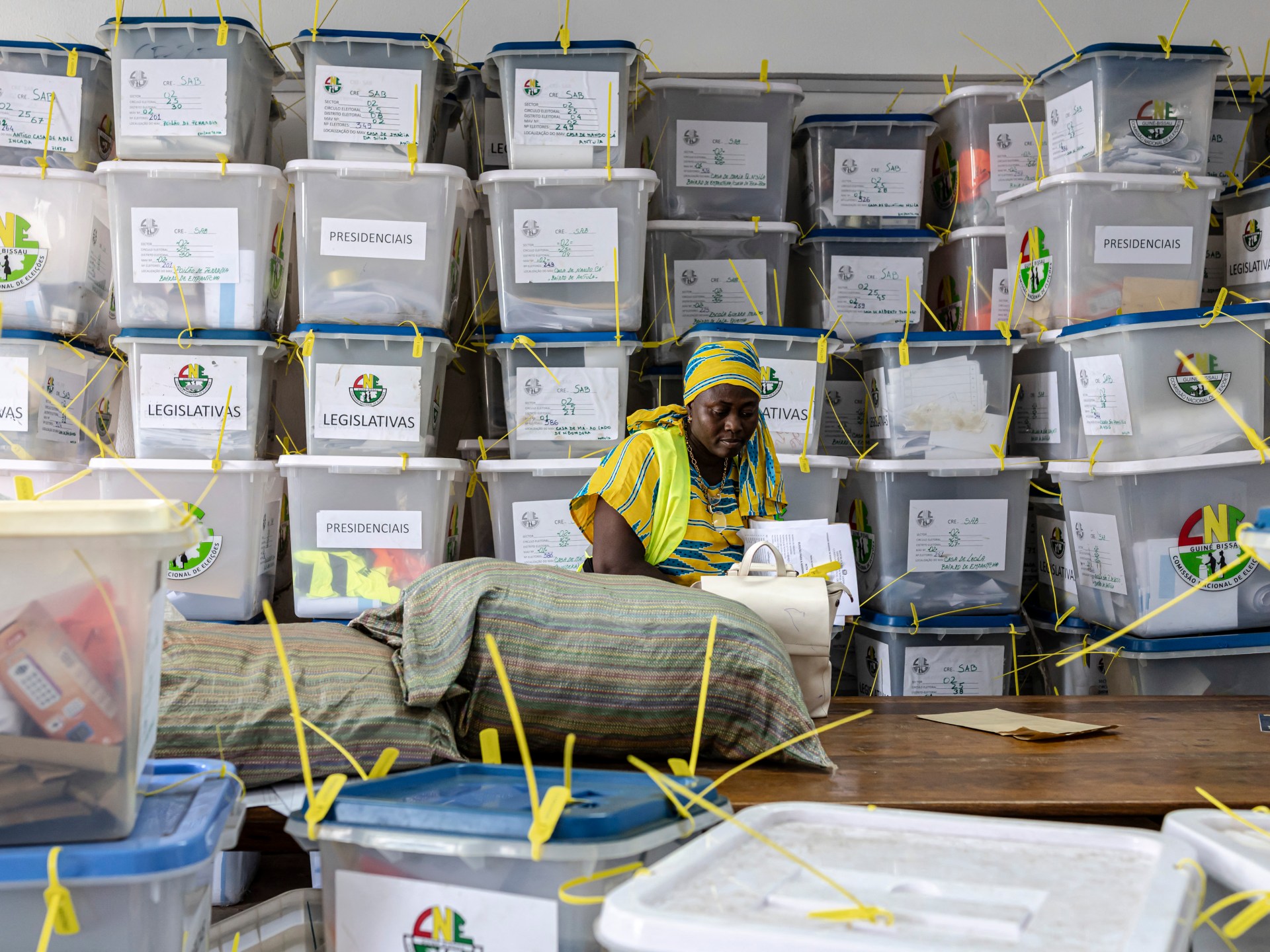Guinea-Bissau's Presidential Election Plunges into Uncertainty as Rivals Claim Victory
Bissau, Guinea-Bissau – The democratic process in Guinea-Bissau has been thrown into disarray following Sunday's presidential election, as both the incumbent, Umaro Sissoco Embalo, and his primary challenger, Fernando Dias, have prematurely declared themselves winners. These conflicting claims emerged before the National Electoral Commission has released any official provisional results, which are anticipated on Thursday.
Contesting the Outcome
On Monday, both campaigns asserted that their respective candidates had secured more than the 50 percent of votes required to win outright, thus negating the need for a second-round run-off. Fernando Dias, addressing his supporters in the capital Bissau, stated emphatically, “We have won the presidential race. We will not have a second round.” He underscored the public's desire for change and an end to political fatigue. Shortly thereafter, Oscar Barbosa, spokesperson for President Embalo's campaign, made a similar declaration, urging rivals to refrain from making unsubstantiated claims that could undermine the integrity of the electoral process. The National Electoral Commission has yet to comment on these parallel declarations.
A Nation's Vote Amidst Historical Challenges
Despite the political turbulence, the election saw a robust turnout, with over 65 percent of eligible voters participating among the twelve candidates. This election holds particular significance as it marked the first time the African Party for the Independence of Guinea and Cape Verde (PAIGC), the historic movement that led the fight for independence from Portuguese colonial rule, was barred from fielding its own candidate. The PAIGC subsequently endorsed Fernando Dias, significantly bolstering his campaign, especially after its influential leader and former Prime Minister, Domingos Simoes Pereira, threw his weight behind him. Dias, 47, represents the Party for Social Renewal.
Embalo's Bid for a Second Term
President Umaro Sissoco Embalo, 53, a former army general who previously served as prime minister from 2016 to 2018, is vying to become the first Guinea-Bissau president in three decades to secure a second term. His path to re-election has been contentious. Opposition parties contend that his current mandate should have concluded earlier this year. While the Supreme Court extended his term until early September, the election was ultimately postponed to November. Embalo has also faced criticism for dissolving the opposition-controlled parliament, which resulted from the 2019 and 2023 legislative elections, and preventing it from convening since December 2023.
A History of Instability and Poverty
Guinea-Bissau has a long and troubled history of political instability, marked by numerous coups and attempted coups since gaining independence over 50 years ago. This persistent volatility has contributed to the nation's status as one of the world's poorest countries, with the World Bank estimating that half its population lives in poverty. To ensure transparency, over 200 international observers were present to monitor the electoral proceedings, including representatives from the West African regional bloc ECOWAS, the African Union, and the community of Portuguese-speaking countries. The nation now awaits the official provisional results, hoping for a clear resolution to the current political stalemate.

